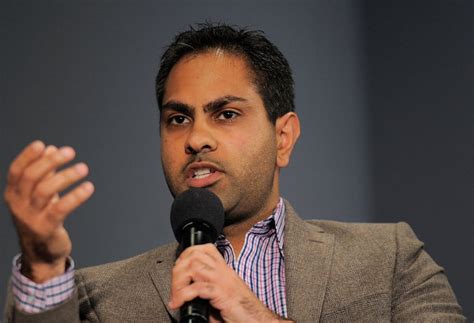A Quote by Prashant Bhushan
Bringing accountability to the judiciary must be preceded by frank public discussion and debate. Unfortunately that cannot get started with the threat of contempt looming over people.
Related Quotes
The twin sister to autonomy and freedom is responsibility and accountability. You cannot have one with out the other. If someone is given an area of responsibility, not only must they be set free to do it, they must also be held accountable for what they do. Accountability clarifies freedom. In the teams and companies where you see boundary confusion, power struggles, control, over-reaching of one's line of responsibility, you will also see lapses in accountability as well.
Public agency is emergent, and the ability of the public to literally put any bank or corporation out of business overnight is looming. To paraphrase Abe Lincoln, you cannot screw all of the people all of the time. We're there. All we lack is a major precipitant – our Tunisian fruit seller. When it happens the revolution will be deep and lasting.
The threat of China is not military. The threat of China is they can't be intimidated. Europe you can intimidate. When the US tries to get people to stop investing in Iran, European companies pull out, China disregards it. You look at history and understand why - they've been around for 4,000 years, they have contempt for the barbarians, they just don't give a damn.
Once a term like "open source" entered our vocabulary, one could recast the whole public policy calculus in very different terms, so that instead of discussing the public interest, we are discussing the interests of individual software developers, while claiming that this is a discussion about "innovation" and "progress," not "accountability" or "security."
Public virtue cannot exist in a nation without private, and public virtue is the only foundation of republics. There must be a positive passion for the public good, the public interest, honour, power and glory, established in the minds of the people, or there can be no republican government, nor any real liberty: and this public passion must be superiour to all private passions.
I was recently asked what it takes to become a writer. Three things, I answered: first, one must cultivate incompetence at almost every other form of profitable work. This must be accompanied, second, by a haughty contempt for all the forms of work that one has established one cannot do. To these two must be joined, third, the nuttiness to believe that other people can be made to care about your opinions and views and be charmed by the way you state them. Incompetence, contempt, lunacy—once you have these in place, you are set to go.
...the debate among the scientists if over. There is no more debate. We face a planetary emergency. There is no more scientific debate among serious people who've looked at the science...Well, I guess in some quarters, there's still a debate over whether the moon landing was staged in a movie lot in Arizona, or whether the Earth is flat instead of round.































